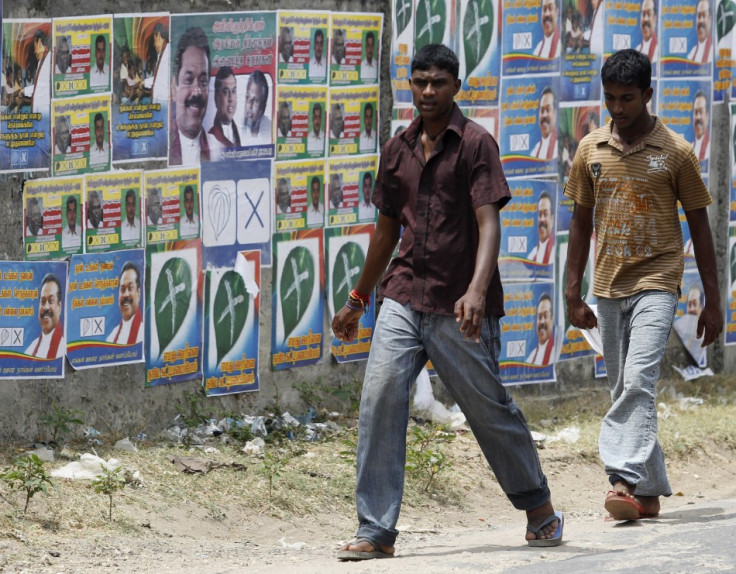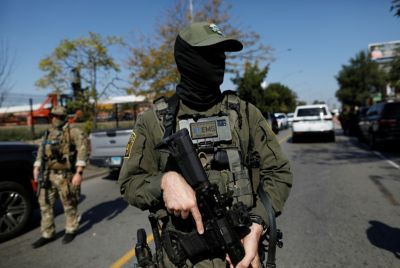Sri Lanka: Is The Government Really Ready to Face its Past?

Minority Tamil candidates hope a weekend election in their heartland in northern Sri Lanka will give them a mandate to demand self-determination, as tensions between the Tamils and the government are still mounting.
Analysts however warn that the country's ruling coalition has put a lot of work in the campaign for the local council races in Saturday's vote, benefitting from more resources and influence.
The campaign is extremely important for the coalition, which hope to prevent other countries from reiterating their call for an international war crimes investigation and vindication of the harsh tactics that killed thousands of Tamil civilians in this area in the final months of its quarter-century civil war.
The Tamil regions in the island's north and east account for 26 of the 65 races being decided. The area once controlled by the Tamil Tigers rebel group is now a base for the former rebel proxy Tamil National Alliance.
In the last few weeks, hundreds of thousands of displaced Tamil civilians have been returning to their home villages in the north two years after the end of the civil war in Sri Lanka.
Access to the region for outsiders has been heavily restricted by the military for many years but the rules have just been relaxed, seemingly ahead of the elections.
The Sri Lakan's coalition government however may not find it so easy to rebuild neither the country nor its image as this week the US congressional committee voted to ban aid to Sri Lanka unless the nation shows "accountability" over the bloodshed in the final stages of its civil war in 2009.
In a voice vote, the House Foreign Affairs Committee approved a measure that would ban all US government funding to Sri Lanka except for humanitarian aid, demining and activities to promote democracy and governance.
Moreover, the new measure would only allow aid once the administration certifies progress by Sri Lanka on key concerns.
The concerns include "accountability for those involved in violations of human rights and war crimes at the end of Sri Lanka's civil war," including members of the defeated rebel Tamil Tigers.
Other conditions include an improved climate for freedom of the press, an end to emergency regulations and information from the government on the fate of people unaccounted for at the end of the civil war.
The measure received a broad support but will not take effect until the next fiscal year starting in October.
The United Nations has said that up to 7,000 civilians were killed in the final months of fighting. A UN report has also spoken of abuses, alleging that the government executed rebel leaders who had worked out a surrender.
A documentary, Sri Lanka Killing Fields,m first broadcast on Channel 4 in June purportedly showed prisoner executions, sexual assaults and the aftermath of the shelling of civilian hospitals.
Sri Lanka's military has denied any civilian deaths and said that the footage on the documentary was doctored, but the shortage re-launched the debate on the need for a war crime investigation, with countries including Britain and the U.S heavily calling for the setting up of a panel.
The country has since then promised that a local panel will take action if war crime allegations are proven but has rejected international calls for a UN-backed probe.
© Copyright IBTimes 2025. All rights reserved.




















